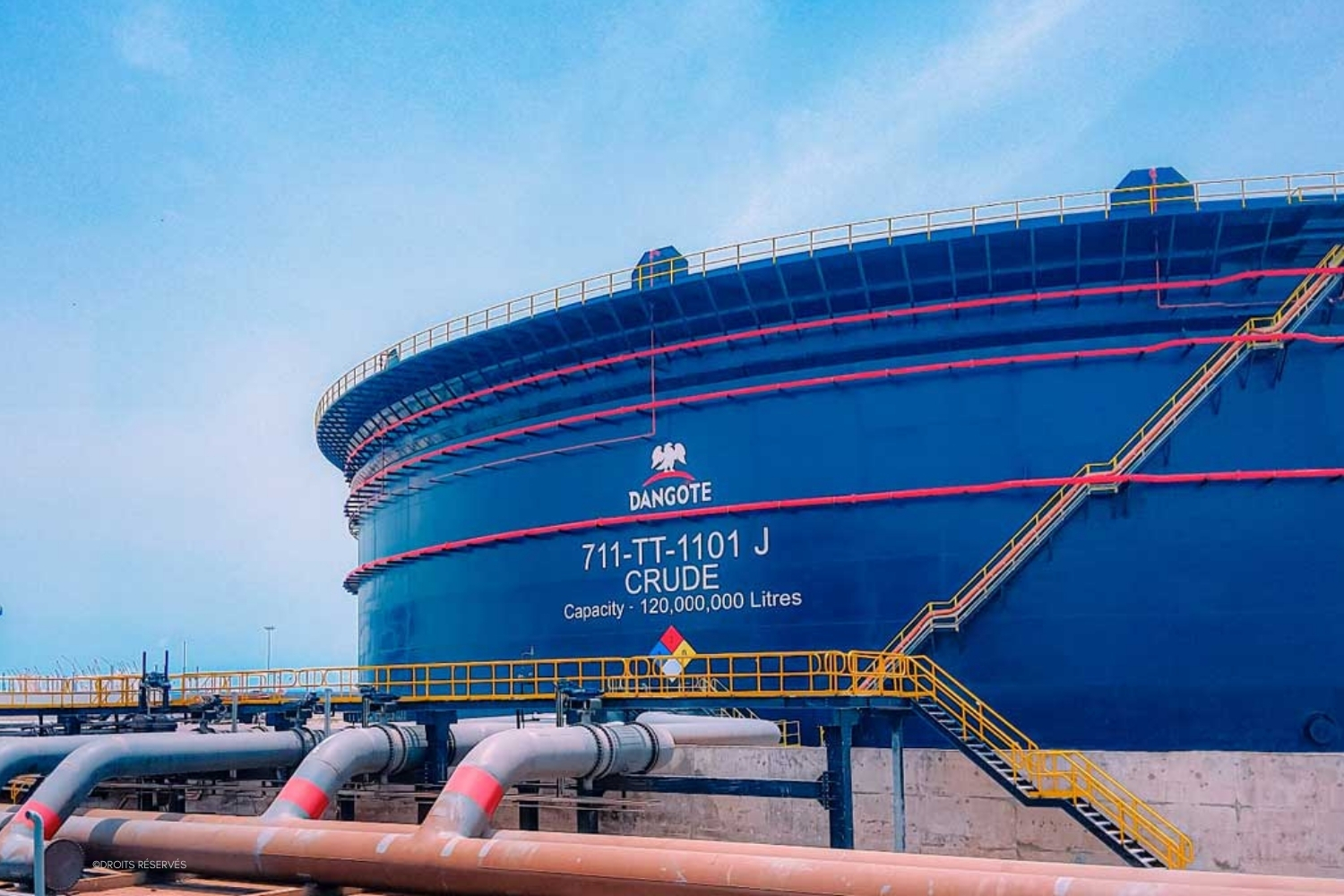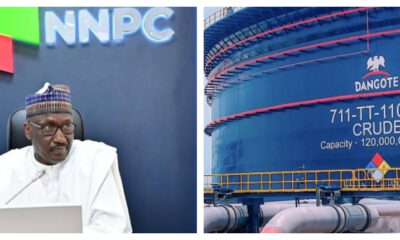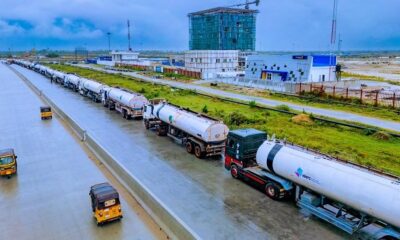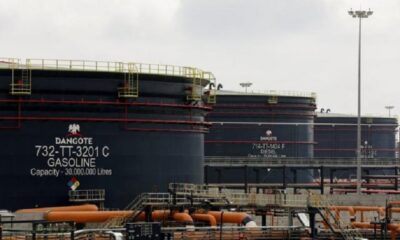Business
Ghana eyes fuel imports from Dangote refinery

Ghana may soon begin purchasing petroleum products from Nigeria’s Dangote Oil Refinery once it operates at full capacity, which would significantly reduce the country’s reliance on costly fuel imports from Europe.
Mustapha Abdul-Hamid, the head of Ghana’s National Petroleum Authority, made this announcement during the OTL Africa Downstream Oil Conference held in Lagos on Monday, as reported by Reuters.
Abdul-Hamid highlighted that importing fuel from Nigeria could save Ghana approximately $400 million monthly, a figure reflecting the country’s current expenditure on European fuel imports. He emphasized that sourcing from the Dangote refinery could help lower the prices of goods and services in Ghana by cutting down on freight costs.
“If the refinery reaches a capacity of 650,000 barrels per day (bpd), not all that volume can be consumed by Nigeria alone,” Abdul-Hamid stated. He expressed optimism that this shift in sourcing would alleviate Ghana’s dependence on imports from Rotterdam, making the supply chain more efficient.
Once operational, the Dangote Oil Refinery is expected to serve not just Nigeria but also supply refined products to other West African nations and even the Caribbean. Aliko Dangote, the refinery’s CEO, indicated in May that the facility would produce petrol, diesel, and aviation fuel for both local consumption and export, enhancing fuel availability across the continent.
Dangote reiterated the refinery’s capability to support local demand while also catering to regional needs, saying, “Our capacity is too big for Nigeria. It will be able to supply West Africa, Central Africa, and also Southern Africa.”
With a total investment of $20 billion, the Dangote refinery is on track to become the largest in both Africa and Europe, processing up to 650,000 barrels per day. Its completion is expected to significantly reduce Nigeria’s dependency on imported petroleum products, a situation that currently persists despite Nigeria being Africa’s leading oil producer.
The refinery aims to fill the existing gap in Nigeria’s refining infrastructure, which has been a critical issue for the country, as it currently imports nearly all of its fuel. The operational status of the refinery is anticipated either later this year or next year, promising a transformative impact on both Nigeria’s and Ghana’s oil sectors.
For further details, you can read the full report on Reuters.























